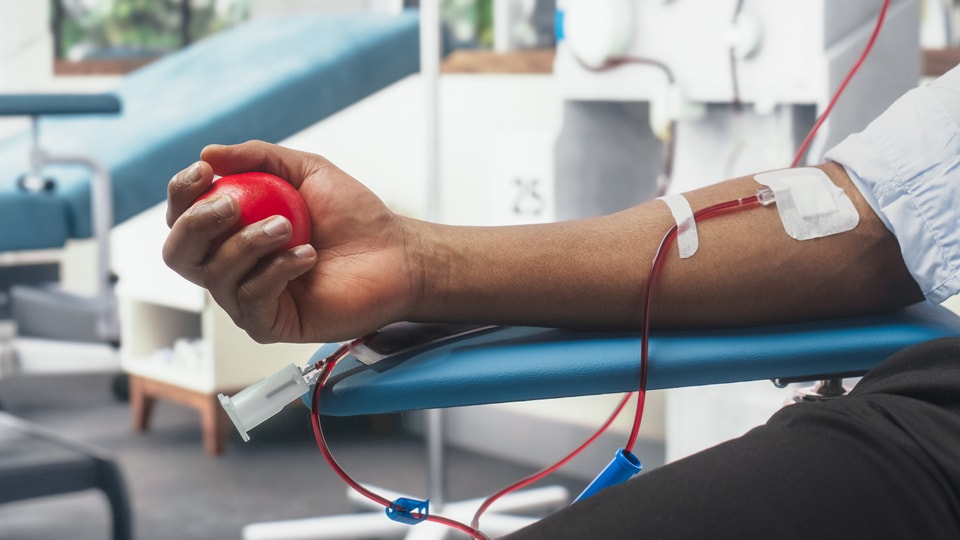At a glance
People who are resilient and ready to care for their neighbors can have positive and even life-saving impacts on their neighbors and in their communities at large. Response training and exercises, donations, and volunteerism are just a few of the many ways that you can help yourself and others prepare for, respond to, and recover from an emergency.

The Basics
- Join your local Medical Reserve Corps (MRC) Unit or Community Emergency Response Team (CERT). Individuals who volunteer with a volunteer organization active in disaster preparedness and response are 80 percent more likely to have an emergency kit and a plan than those who do not.
- Get to know your neighbors; especially, those who are elderly, live alone and/or with a disability or chronic disease, depend on home use medical devices, and/or may need help in an evacuation.
- Give blood. Blood donations save lives; in fact, just one can save up to 3 lives.
The Emergency System for Advance Registration of Volunteer Health Professionals
The Emergency System for Advance Registration of Volunteer Health Professionals (ESAR-VHP) is a federal program created to support states and territories. ESAR-VHP works with states to establish volunteer pre-registration programs for health professionals. The pre-registration and vetting process helps to prepare volunteers to serve at a moment's notice, within their state or across state lines, in disasters and public health and medical emergencies. Contact your state or territorial health department to learn about volunteer opportunities where you live.
